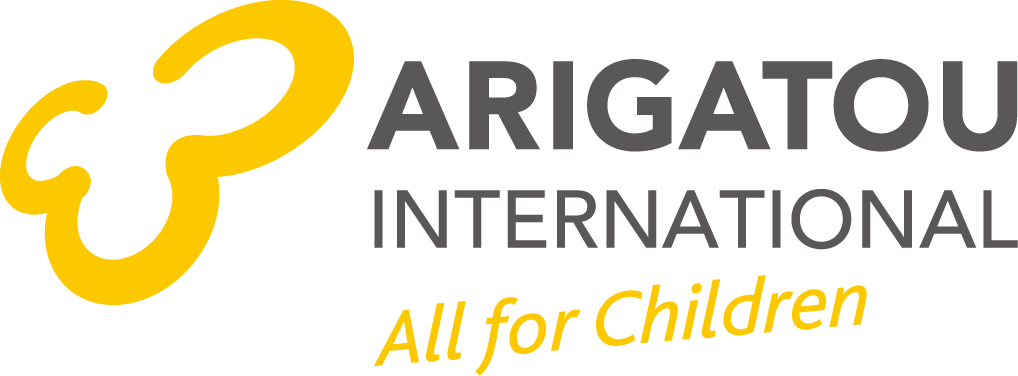Forum Replies Created
-
AuthorPosts
-
GabogaboParticipant
Considering the nine basic requirements and guiding principles, which ones do you think apply to Tamara’s experience? How do you think you can apply them to the work you do with children? Share some examples.
What challenges do you foresee in applying the 9 basic requirements and how could you overcome them?1. Voluntary, Relevant (as defined by the youth), Respectful (part of a faith practice they already followed), Transparent. I am curious how the communication around Safety (risks of involving youth in broadcasting) went, and how Accountability might be a part of this project.
2. It’s fantastically useful to have these as a checklist to refer to. An example that came to me while I was reading was planning in advance to speak to youth about what happens during an emergency as “Currently, the only people who are trained to be responsible in an emergency scenario are these named adults. So if there is an emergency, we will pause our collective decision-making and follow the directions of those people because we trust them to keep us safe.” There are a lot of scenarios I can see reframing that way, so that routine ways that adults take control become negotiated/informed instances of adults being granted power.
3. Building child-friendly language at different developmental levels seems like the biggest challenge…seems to me like it’s a call to learn how to communicate differently whole-cloth, and would take time and trust to develop between participants.GabogaboParticipantI’m taking this training as an early career teacher (USA-based) who is looking to build skills toward providing childcare for organizing spaces. My vision is for the childcare to not just be babysitting (not to trivialize that labor), but to work towards children participating in organizing spaces. I have supported children’s participation in my classroom by making my lessons actively responsive to their voice and feedback, but mostly at the “Consulted and Informed” level or below :(. Trying to create a new space where the goal is level 6 or above on Hart’s Ladder is a new challenge which will involve building trust with parents & organizers, and advocating for why kids lib should be (or really, already is) a shared value. Difficulties I faced in the classroom were that…schools are places where children are conditioned into seeing themselves as non-participants who don’t have agency over how their time is spent, and my couple hours per week with them generally weren’t enough to bridge that gap. The kids I worked with responded instantly to my efforts to show them that I was listening and would make changes based on their input…but to transform that opening into real participation, they would also have to feel that putting effort into sharing ideas (i.e., investing energy, thought, time, heart into planning how their time in school was spent) was going to be worthwhile. When it never has been worthwhile before, and when school itself is sort of a place they’re coerced into being…that’s a big hill to climb. Occasionally it was possible to do a project that was child-initiated but adult-led (in that one or more of my students volunteered the idea when asked, and I made it happen during a subsequent class), but even in those cases, I wouldn’t say that I actually managed to inform them. Having a conversation about what materials were available / in-budget, what kind of scope was feasible, what would fit curricular goals and what wouldn’t was (for me at least) impossible within the tight class schedule — but also, and maybe more importantly, I couldn’t find a way to present those issues to my students in a way that they would feel interested in taking ownership over and thinking through. I don’t mean to imply that participation models aren’t workable in schools! Those challenges are what’s motivating me to seek out resources like this course, to find alternative interventions and ways of doing this work successfully. Everyone’s participation is important, and intergenerational communication makes so much possible that simply wouldn’t be otherwise.
-
AuthorPosts

